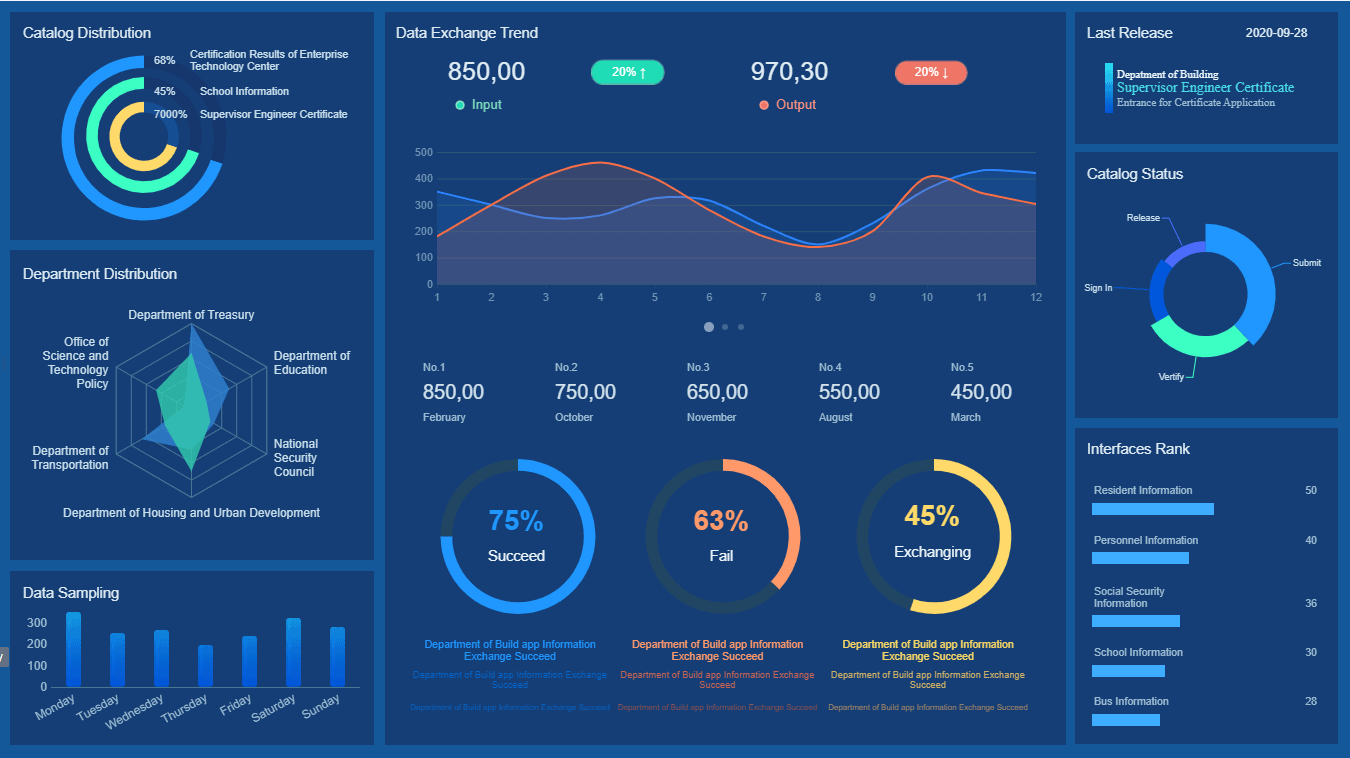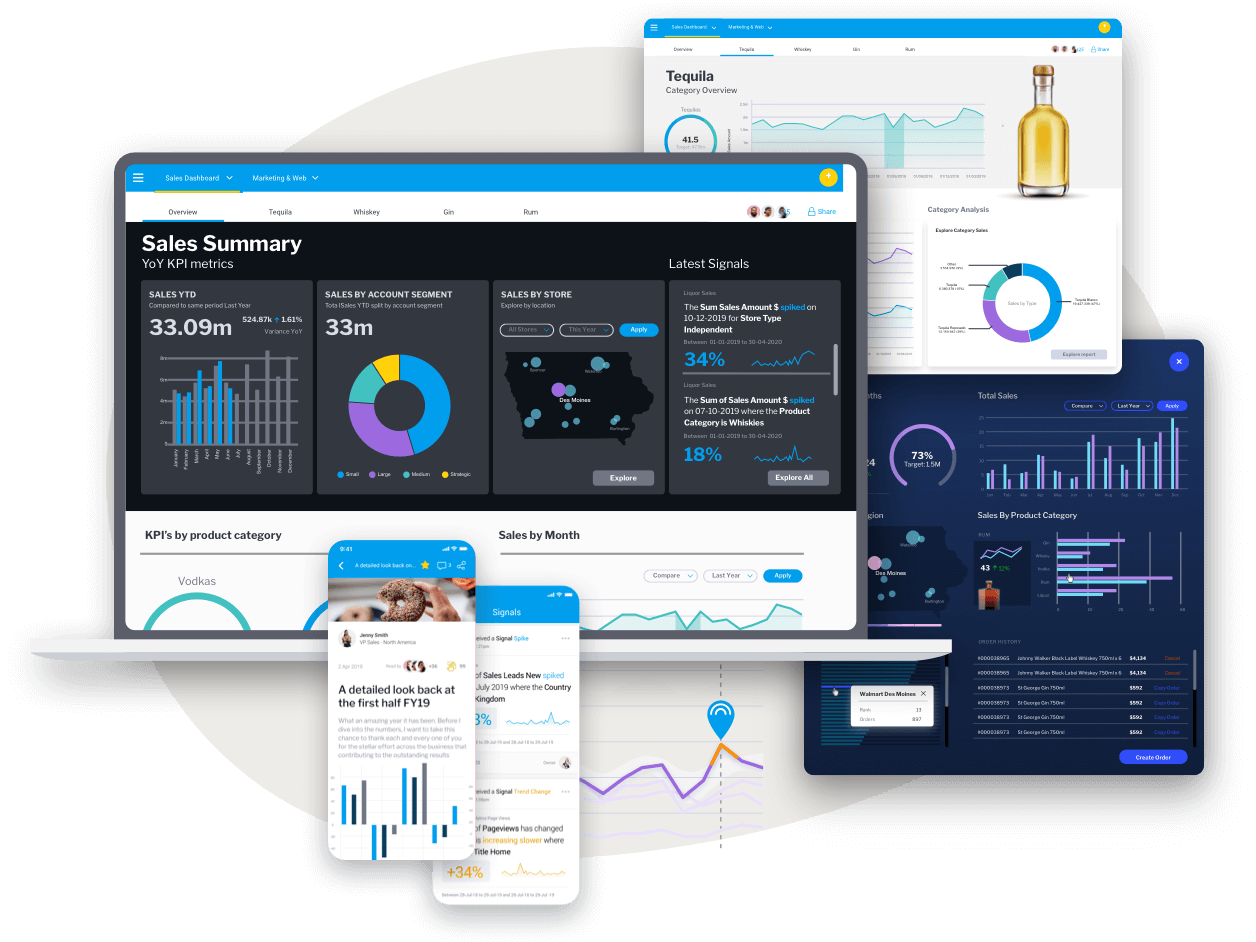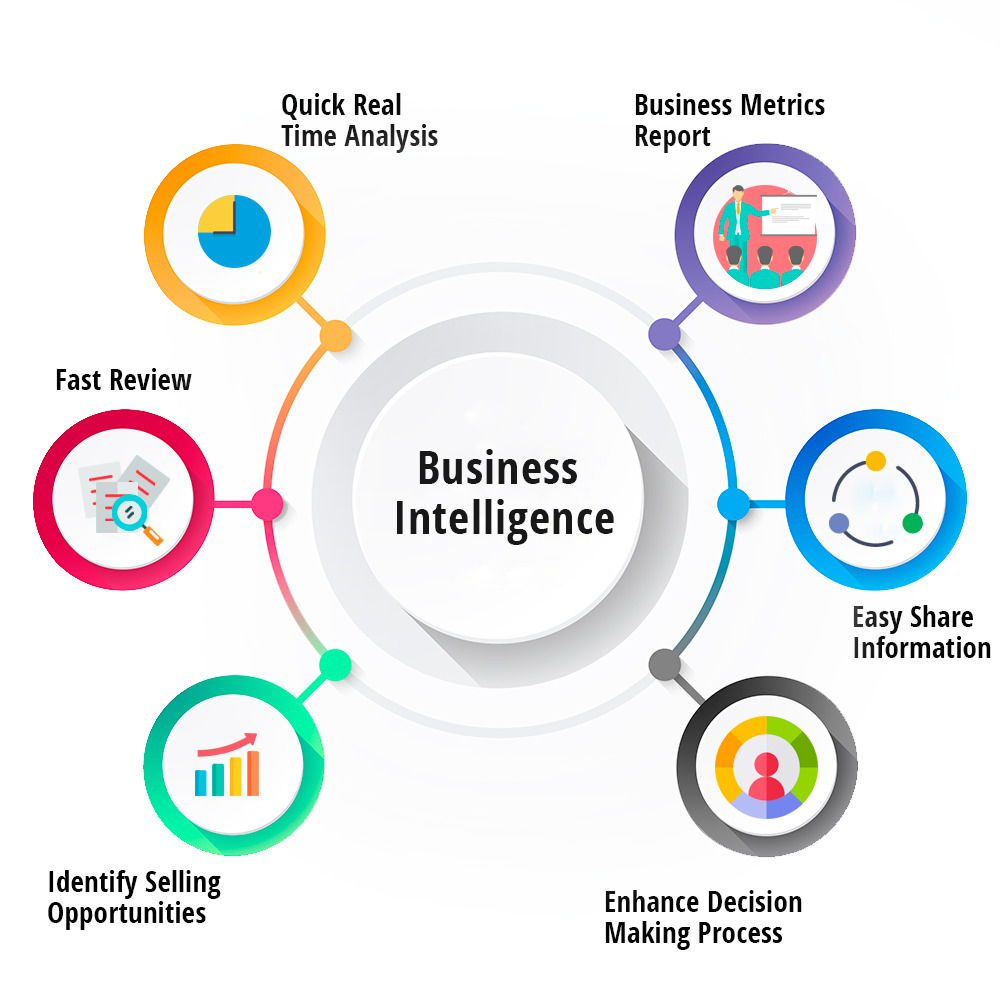In today’s fast-paced business world, having the right tools and insights can make all the difference. With the rise of technology and online platforms, businesses have access to large amounts of data. However, with so much information to sift through, it can be challenging to make sense of it all. This is where a business intelligence platform comes in. In this article, we will explore what a business intelligence platform is, its benefits, and how it can enhance your marketing strategy.

What is a Business Intelligence Platform?

A business intelligence platform is a software solution that helps businesses gather, store, and analyze large amounts of data from various sources. It combines different data sets and transforms them into actionable insights that can be used to make informed decisions. These decisions can range from identifying market trends, optimizing processes, and even improving customer experience. With a business intelligence platform, businesses can gain a deeper understanding of their operations and make data-driven decisions.
Benefits of Using a Business Intelligence Platform
- Improved Marketing Strategy A business intelligence platform can provide valuable insights into your target audience’s behavior, preferences, and purchasing habits. With this information, you can tailor your marketing strategies to be more targeted and effective. By understanding your customers better, you can create personalized marketing campaigns and promotions that resonate with them. This ultimately leads to better engagement and higher conversions.
- Faster and More Accurate Decision Making One of the most significant advantages of using a business intelligence platform is the speed at which information can be gathered and analyzed. With traditional methods, businesses would have to rely on manual processes and human error to gather and interpret data. However, with a business intelligence platform, all this can be automated, saving time and reducing the margin for error. This enables businesses to make informed decisions quickly and stay ahead of the competition.
- Comprehensive Data Visualization Data visualizations, such as charts, graphs, and maps, can help businesses identify patterns and trends that may not be apparent from raw data. A business intelligence platform can display this information in a visually appealing and easy-to-understand format. This is especially useful for businesses that deal with large amounts of data, making it easier to identify critical insights and trends without getting lost in the numbers.
Features of a Business Intelligence Platform

- Data Integration A business intelligence platform allows businesses to bring in data from various sources, such as social media, customer relationship management (CRM) systems, and website analytics tools. This data integration eliminates the need for businesses to jump between different platforms to gather information, making the process more efficient and streamlined.
- Data Analysis and Reporting A business intelligence platform has powerful data analysis tools that can process and analyze vast amounts of data quickly. These tools use algorithms and machine learning techniques to identify patterns, correlations, and trends within the data. The platform then generates reports and visualizations that can be easily understood and shared across teams.
- Customization and Personalization Business intelligence platforms offer a high level of customization and personalization options to cater to different business needs and industries. These platforms can be configured to display specific metrics and KPIs that are relevant to your business. This allows for greater flexibility in decision making.
